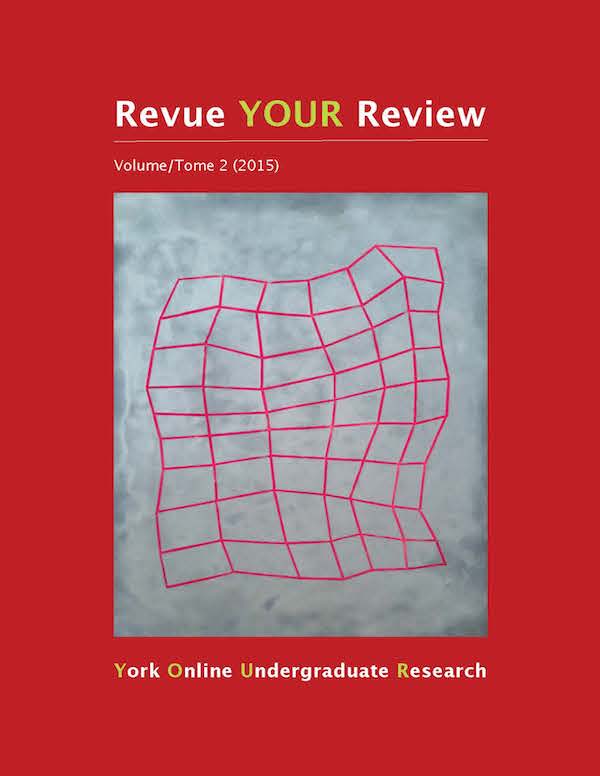El Caribe Hispano en el ámbito internacional Sobrevivencia en enajenación, travestismo y desplazamiento [The Hispanic Caribbean in the International Sphere: Survival in Alienation, Transvestism, and Migration]
Abstract
This essay centres around the novel Sirena Selena vestida de pena [Sirena Selena Dressed of Sorrow] (2000) by Puerto Rican author Mayra Santos-Febres with the objective of shedding light on the transformation of Hispanic Caribbean society under the influence of globalization and the expansion of capitalism. By analyzing descriptions of places evoked in the story as well as the characters’ behaviour and perspective on life, it becomes clear that Caribbean society has undergone a gradual adaptation to resemble “first world” societies. The developing tourism industry that has appropriated almost entirely this part of the world, has “imposed” a sort of transvestism on the physical appearance of Caribbean cities and its people, as well as on the mentality of the latter.
Survival in today’s globalized setting is therefore measured by the degree of adaptation on the part of Caribbean citizens to the capitalist economic system and the degree of displacement (migration) they undergo in an attempt to exploit all angles of the free market. However, these “imposed” conditions do not allow for a truly radical transformation on Hispanic Caribbean society, resulting in a superficial change. This has led to the creation of a hostile and alienating society where principles of solidarity and camaraderie that have historically defined Latin American essence and relationships, are replaced by the individualistic mentality proper to Western societies where only the fittest survive.
Downloads
How to Cite
Issue
Section
License
Authors contributing to Revue YOUR Review agree to release their articles under one of three Creative Commons licenses: Creative Commons Attribution 4.0 International; Creative Commons Attribution-NonCommercial 4.0 International; or Creative Commons Attribution-NoDerivatives 4.0 International. All editorial content, posters, and abstracts on this site are licensed under Creative Commons Attribution-NoDerivatives 4.0 International. For further information about each license, see:
https://creativecommons.org/licenses/
In all cases, authors retain copyright of their work and grant the e-journal right of first publication. Authors are able to enter into other contractual arrangements for the non-exclusive distribution of the e-journal's published version of the article (e.g., post it to an institutional repository or publish it in a book or in another journal), with an acknowledgement of its initial publication in this e-journal.


